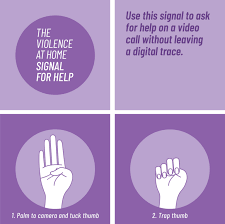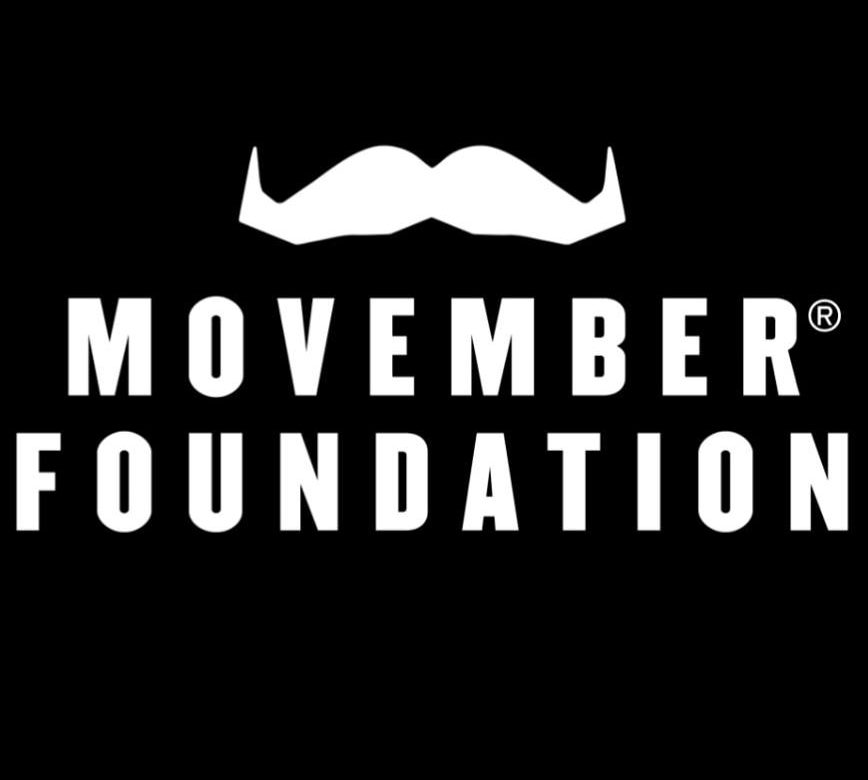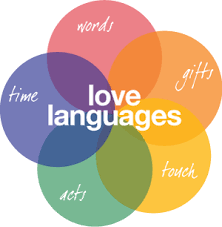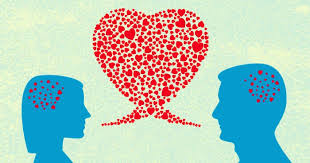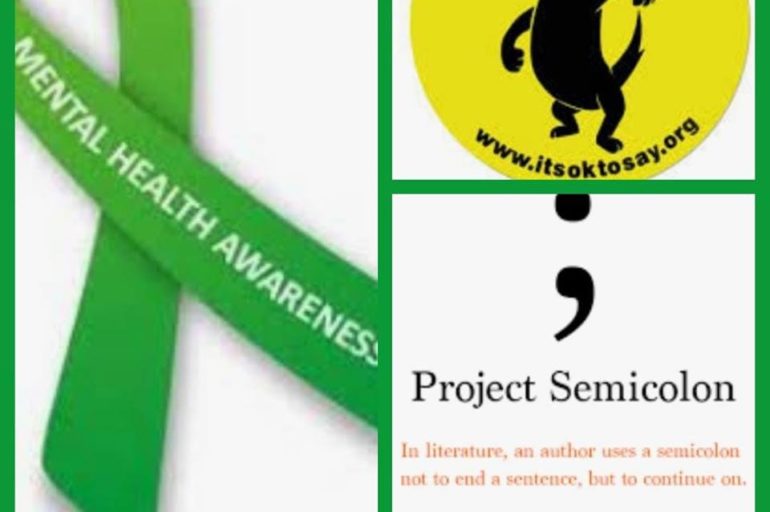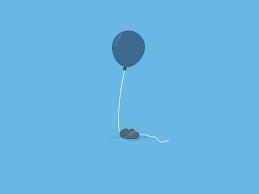
Something a little lighter today, but equally a very helpful practice to engage in:
Mindful eating.
Life is busy. The ability to multi-task well comes with automatic bragging rights. So, more often than not I eat on the go/ at the desk while I’m working/ at the kitchen counter while I’m getting other jobs done… When this happens, what could have been an eating experience becomes yet another task to be completed. I take no joy in the food, no matter what it is. I often don’t hear my body’s cues to tell me it’s full because I’m distracted. I shovel it on in there, barely tasting it. I could be eating brussel sprouts or a brownie – I take no time to notice the texture or to savour the flavour. What’s the point in that? Where is the enjoyment?

So today, on National Brownie Day, I challenge you to pause. Sit back. Focus entirely on your brownie. Inhale the aroma of that little square of bliss. Take a slow, deliberate bite. Feel the texture: the moist crumbly inside and the chewy outside. Appreciate the rich, deep, chocolatey flavour. Leave the bite sit on your tongue for a moment. When you have absorbed the whole sensory feast, swallow that single bite. Repeat, slowly and send your gratitude out into the universe to whatever clever soul figured out how to make brownies.
This is the sensual experience of mindful eating… Wouldn’t it be something to do that a little more often?
But Shhhhh!! Don’t let the kids catch you!!

Contact Sage Counsel: 086-8539718 sagecounsel@outlook.com



